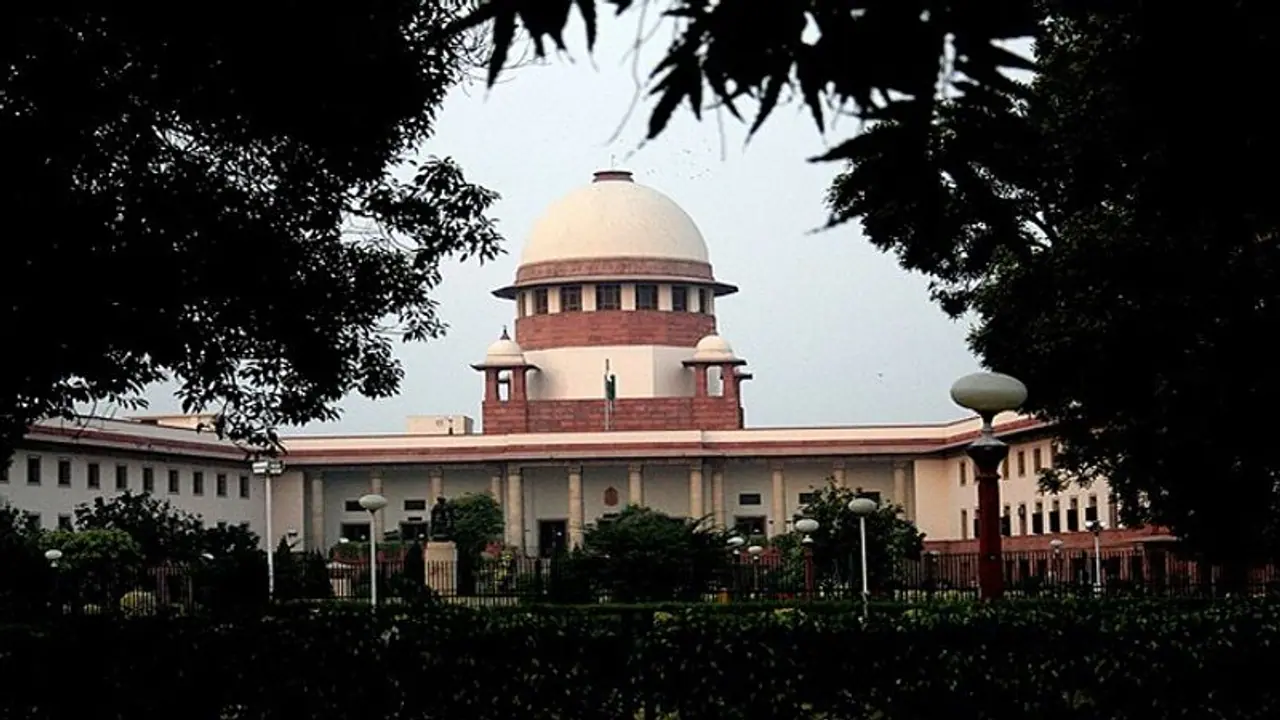The CJI's verdict emphasizes the need for equality and non-discrimination in adoption laws. The regulation in question, is violative of the rights and dignity of the queer community, as it does not align with the principles of equality enshrined in Article 15 of the Indian Constitution.
In a significant legal development, Chief Justice of India DY Chandrachud on Tuesday (October 17) addressed a critical issue related to same-sex marriage and adoption laws, particularly concerning the LGBTQ+ community. The focus of this case is CARA (Central Adoption Resource Authority) regulation 5(3), which has been under scrutiny for its alleged discriminatory nature. Regulation 5(3) has raised concerns as it allows unmarried heterosexual couples to adopt, while denying the same privilege to the queer community.

This discrimination between different types of unions disproportionately affects non-heterosexual couples and perpetuates stereotypes about parenting capabilities. By allowing unmarried heterosexual couples to marry and meet the requirement for adoption, the law inadvertently reinforces this discrimination against queer individuals.
The CJI's verdict emphasizes the need for equality and non-discrimination in adoption laws. The regulation in question, is violative of the rights and dignity of the queer community, as it does not align with the principles of equality enshrined in Article 15 of the Indian Constitution.
This legal development is a significant step forward in promoting equal rights and inclusivity within the LGBTQ+ community and recognizing the fundamental principle that good parenting is not determined by one's sexual orientation.
CJI DY Chandrachud explained that in the case, there are four distinct judgments authored by himself, Justice Kaul, Justice Bhat, and Justice Narasimha. These judgments reflect both consensus and divergence regarding the extent to which the court should proceed on the matter.
The CJI has emphasized that if the court deems Section 4 of the Special Marriage Act to be unconstitutional due to being insufficient in scope, it must take one of two actions: either strike down the section entirely or provide an interpretation that broadens its scope.
The Supreme Court said that the right to form a union finds its foundation in Article 19(1)(e) of the Constitution. Choosing a life partner is an intrinsic aspect of determining the path of one's life, often considered one of life's most significant decisions. This right is fundamental to the core principles of the right to life and personal liberty enshrined in Article 21. Every individual, regardless of their sexual orientation, possesses the right to assess the ethical aspects of their life.
The case proceedings began on April 18, despite objections from the Union government, which argued that the legislature should exclusively address this matter and that the court should first consult with all states. However, the court decided to proceed and address the issue by interpreting relevant provisions of the SMA to grant validation to same-sex marriages in a limited context. This case has the potential to make significant strides towards recognizing same-sex unions in India.
